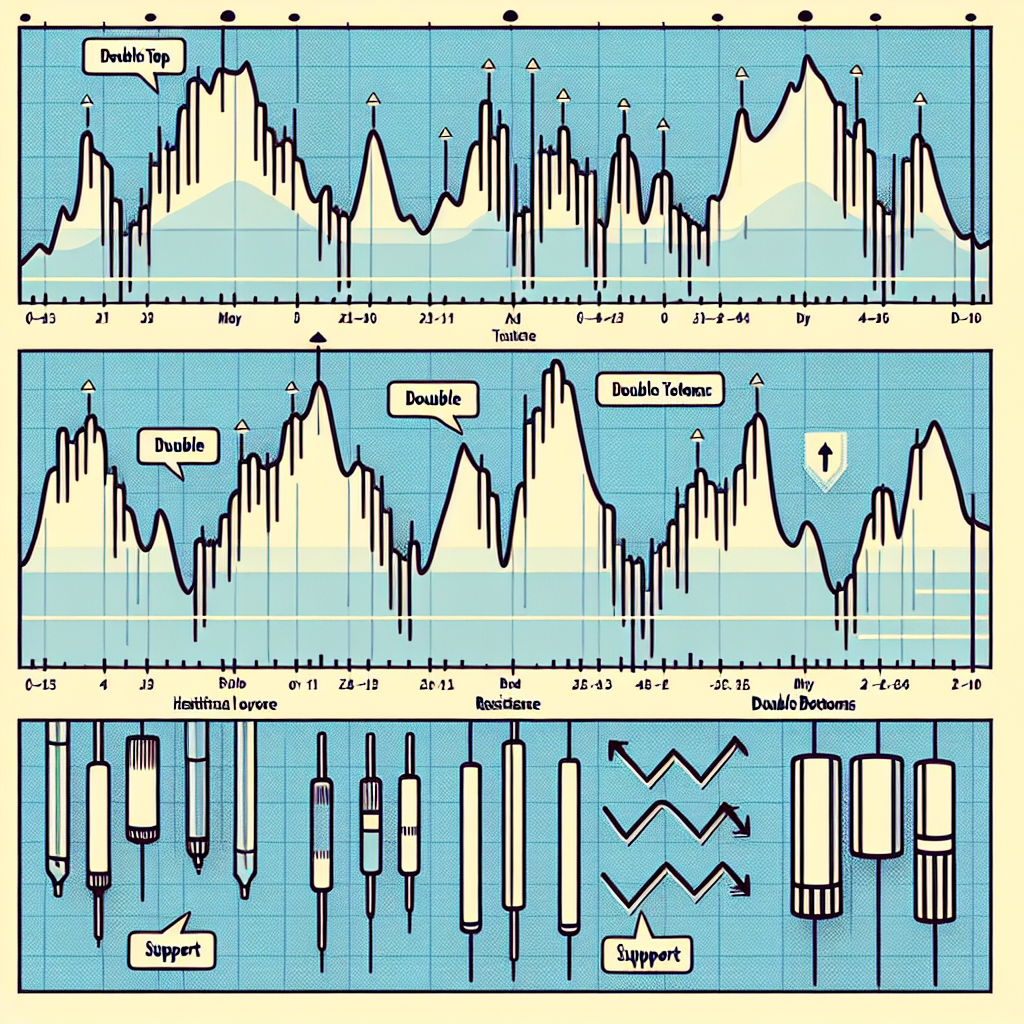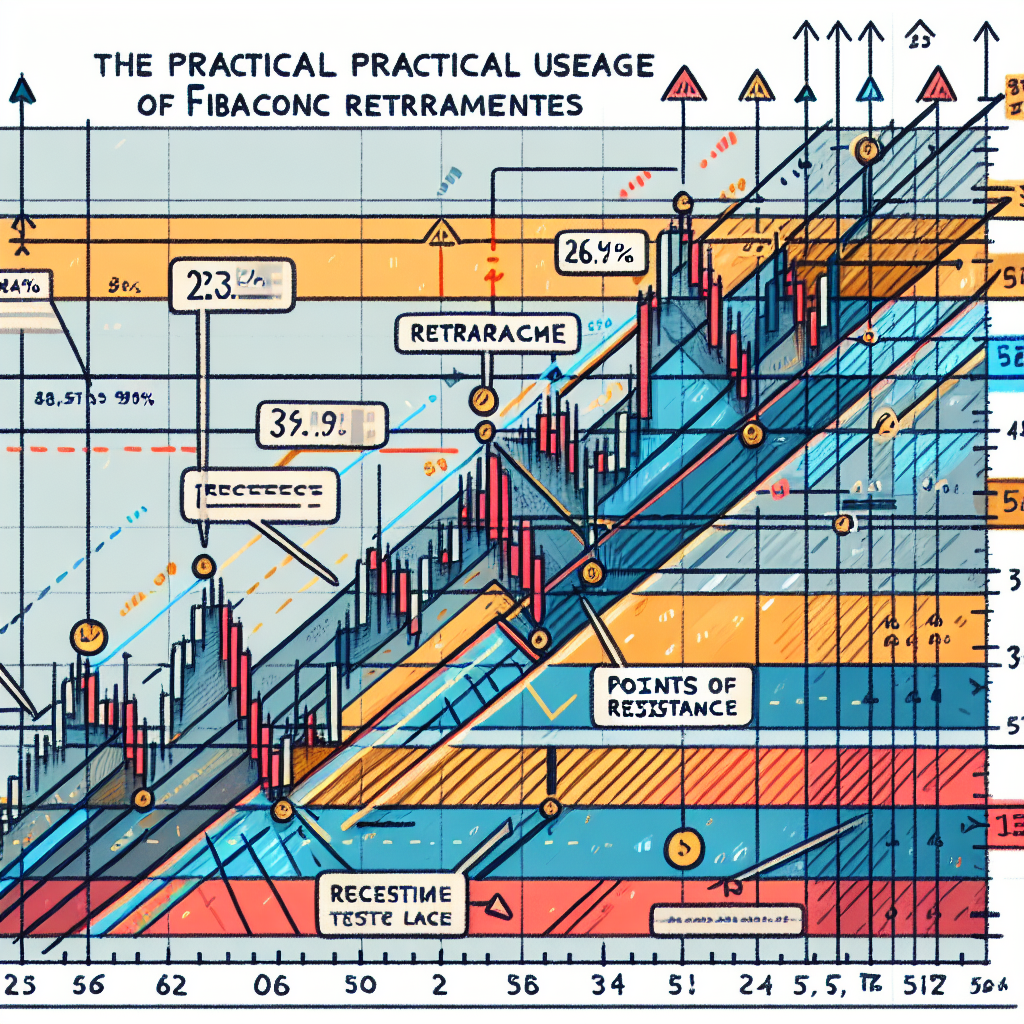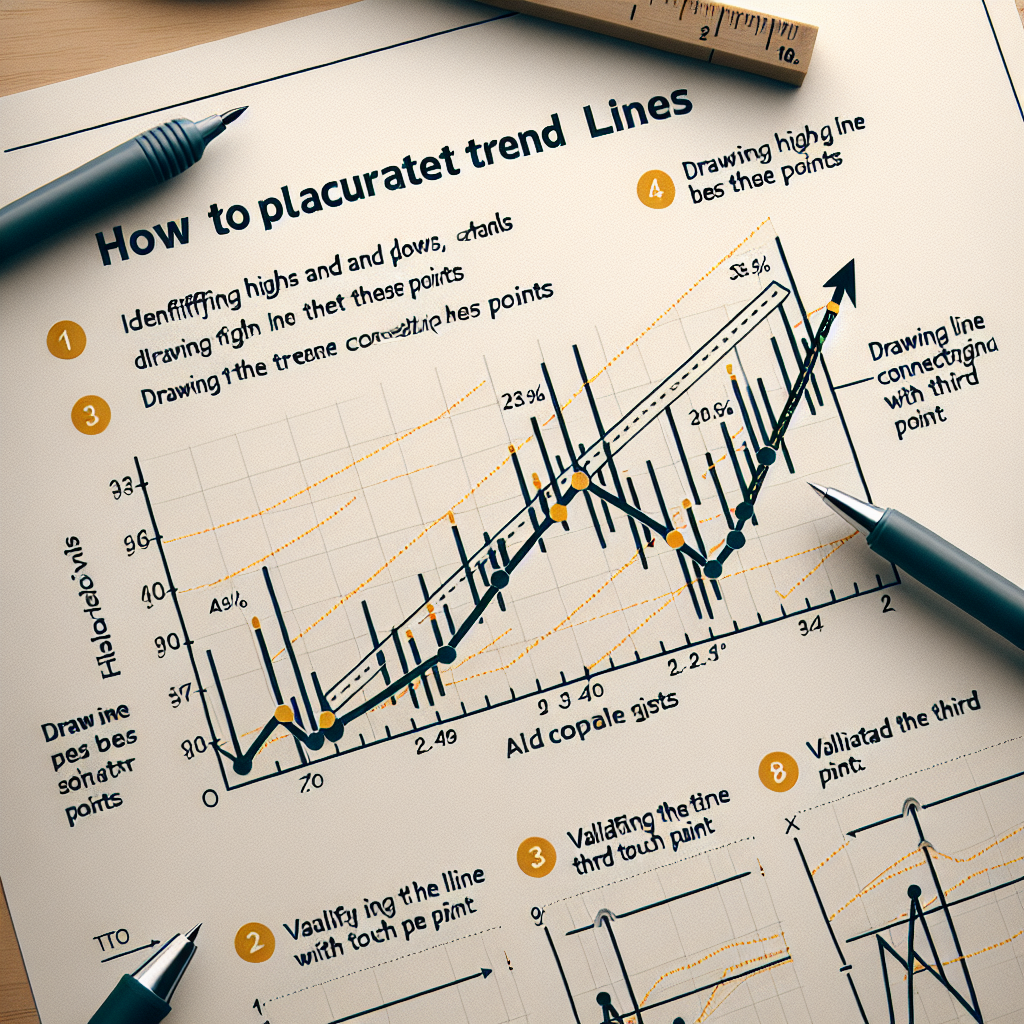Introduction to Bollinger Bands
Bollinger Bands are a technical analysis tool, developed by John Bollinger in the 1980s. They’re used by traders to measure volatility and detect potential overbought or oversold conditions in the market. Bollinger Bands consist of a middle band, which is a simple moving average, and an upper and lower band that are standard deviations away from the middle band.
Understanding Bollinger Bands
Bollinger Bands consist of three lines, each serving a specific function.
The Middle Band
This is a simple moving average that is usually set at 20 periods. It provides a basis for the upper and lower bands.
The Upper Band
This is calculated by adding two standard deviations to the middle band. It represents a level of resistance which the price may struggle to breach.
The Lower Band
This is calculated by subtracting two standard deviations from the middle band. It represents a level of support where the price may bounce back.
Using Bollinger Bands for Trading
Bollinger Bands can be used in various ways by traders. Here are some of the most common strategies:
1. Trend Following
When the price is continually touching the upper band, it indicates an uptrend. Conversely, if the price is continually touching the lower band, it indicates a downtrend.
2. Reversal Trading
When the price moves outside of the Bollinger Bands, it’s considered to be ‘overbought’ or ‘oversold’. This could indicate a potential price reversal. Traders will often look for confirmation from other indicators before entering a trade.
3. Volatility Breakouts
During periods of low volatility, the bands will contract, moving closer together. If the bands then begin to widen, it can be a sign that a significant price movement is about to occur.
Advantages and Disadvantages of Bollinger Bands
Advantages
Bollinger Bands are versatile and can be used in both trending and range-bound markets. They also provide objective measures for identifying overbought and oversold conditions.
Disadvantages
One of the main disadvantages of Bollinger Bands is that they can occasionally produce false signals, particularly in volatile markets. Also, they are less effective when used alone and are best used in conjunction with other technical analysis tools.
Conclusion
Bollinger Bands are a powerful tool for traders, offering insight into market conditions and potential price movements. However, like all trading tools, they should be used as part of a comprehensive trading strategy, taking into account other indicators and market factors.




